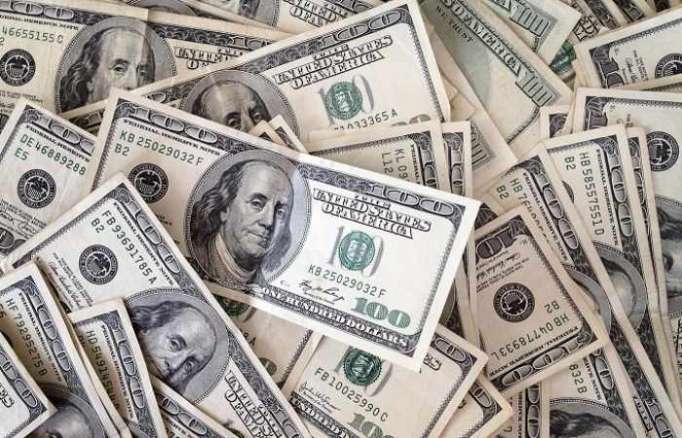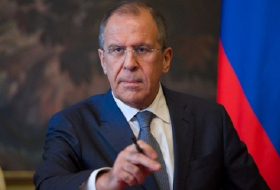The dollar hit a four-month high on Wednesday as concerns over a third COVID-19 wave in Europe, potential U.S. tax hikes and escalating tensions between the West and China sapped risk appetite.
The dollar index rose to a four-month top of 92.608 in early London trade, its highest since Nov. 23.
The gauge “looks determined to test the top end of a new, higher 91-93 range we think will form in coming weeks,” Westpac strategists wrote in a client note, adding that extended lockdowns in Europe have sapped confidence in an economic rebound.
“Meanwhile, the U.S. will have an impressive rebound in coming months amid a strong vaccine roll-out, stimulus payments and economic reopenings,” they said.
The index that measures the greenback’s strength against a basket of peer currencies is up nearly 3% year-to-date, confounding widely held expectations among analysts for a decline.
Strategists at BCA Research said they believe the U.S. dollar is experiencing a “countertrend rally within a bear market.”
“Over the near-term, the dollar benefits from two supports. First, the U.S. growth will outperform thanks to generous fiscal policy and the country’s lead in vaccinations. Second, the NASDAQ and other highflying global equities have been correcting since February, creating some risk-off undertones that help the countercyclical greenback.”
“However, real interest rate differentials will ultimately determine the currency’s cyclical outlook. The Fed’s commitment to maintaining an accommodative policy will cap upside to US real rates at the short-end of the curve. This will prevent a sharp appreciation in the dollar.
The euro hit a four-month low of $1.1812 after Germany extended a lockdown and urged its citizens to stay at home during the Easter holiday.
Worries over the pace of the pandemic recovery were heightened after a U.S. health agency said the AstraZeneca Plc vaccine may have included outdated information in its data.
The flight to safety received an additional nudge when Treasury Secretary Janet Yellen told lawmakers that future tax hikes will be needed to pay for infrastructure projects and other public investments.
Yellen was testifying to the House Financial Services Committee along with Federal Reserve Chair Jerome Powell, who reiterated that an expected near-term spike in inflation will be transitory.
That helped tame U.S. Treasury yields, with the benchmark sinking below 1.6% on Wednesday for the first time in a week, as it continued its retreat from a more than one-year high of 1.7540% touched last week.
Both Yellen and Powell are also scheduled to testify to the Senate Banking Panel on Wednesday.
Human rights sanctions on China imposed by the United States, Europe and Britain, which prompted retaliatory sanctions from Beijing, are adding to market concerns.
The safe-haven yen, which gained in Asian trade, weakened 0.1% by the start of trading in London. Australia’s dollar - considered a liquid proxy for risk - weakened further on Wednesday.
The Aussie slipped to as low as $0.7582, a level not seen since Feb. 5.
The British pound weakened as far as $1.3675, also the lowest since early February.
In cryptocurrencies, bitcoin gained 4% to $56,500, off a record high of $61,781.83.
Seasonal factors are likely exacerbating currency moves, as some investors lock in profits ahead of the quarter-end and the holidays of Easter and Passover, according to Masafumi Yamamoto, chief currency strategist at Mizuho Securities.
“The main scenario for the market, that the global economy is recovering from the pandemic shock, is intact,” he said.
“We may see more of a correction into the start of April, but after that I expect a restarting of a risk-on trade,” with commodity currencies of advanced economies benefitting most, he said.
Reuters
More about:
















































